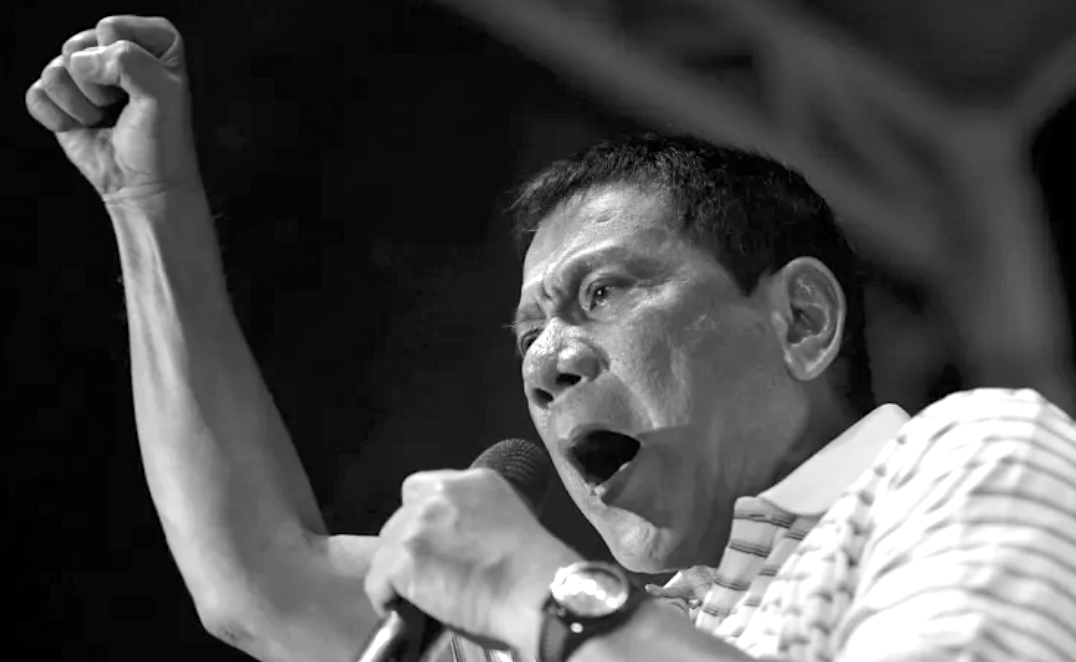Content:

Digital Authoritarianism
The Anti-Authoritarian Playbook
05/06/2025
Philippine President Duterte’s murderous regime in the Philippines is a study in digital age authoritarianism. Even while directing thousands of extrajudicial executions during his reign as president, Duterte enjoyed approval ratings above 70%. Looking at how former Philippine President Duterte (2016-2022) took control of the national narrative through hijacking social media and turning it into a disinformation machine offers a glimpse into an emerging tactic in the authoritarians’ tactical playbook.
Here’s a summary.
Facebook essentially is the internet for most citizens in the Philippines. President Duterte recognized this. He understood that controlling the information ecosystem meant using that platform to control the narrative. He didn’t need to shut down traditional media outlets; he simply made them irrelevant by building a parallel reality through coordinated networks of influencers, trolls, and true believers.
What we’re witnessing is a version of a core tactic of authoritarians, now supercharged by algorithms and micro-targeting. The tactic involves fabricating an existential threat (in Duterte’s case, drug dealers), positioning yourself as the only solution, and then normalizing increasingly extreme measures as “necessary” responses.
In watching the Philippines, we see how quickly the normalization of violence happens. When you’ve convinced people that drug dealers are an existential threat to society, extrajudicial killings become acceptable “tough medicine.” The digital infrastructure allows this normalization to happen faster than ever before.
The conditions that made the Philippines vulnerable, including high social media penetration, public disillusionment with institutions, and weak regulatory frameworks, all exist in the United States today.
We shouldn’t be complacent. Digital tactics can erode democratic norms rapidly when deployed systematically.
Most importantly, we need to understand that this isn’t just about Duterte or any individual leader; it’s about a replicable model for autocratic control that works within the facade of democratic institutions. The Philippines isn’t just a cautionary tale; it’s a preview of what happens when digital authoritarianism goes unchecked. And the U.S. isn’t immune.